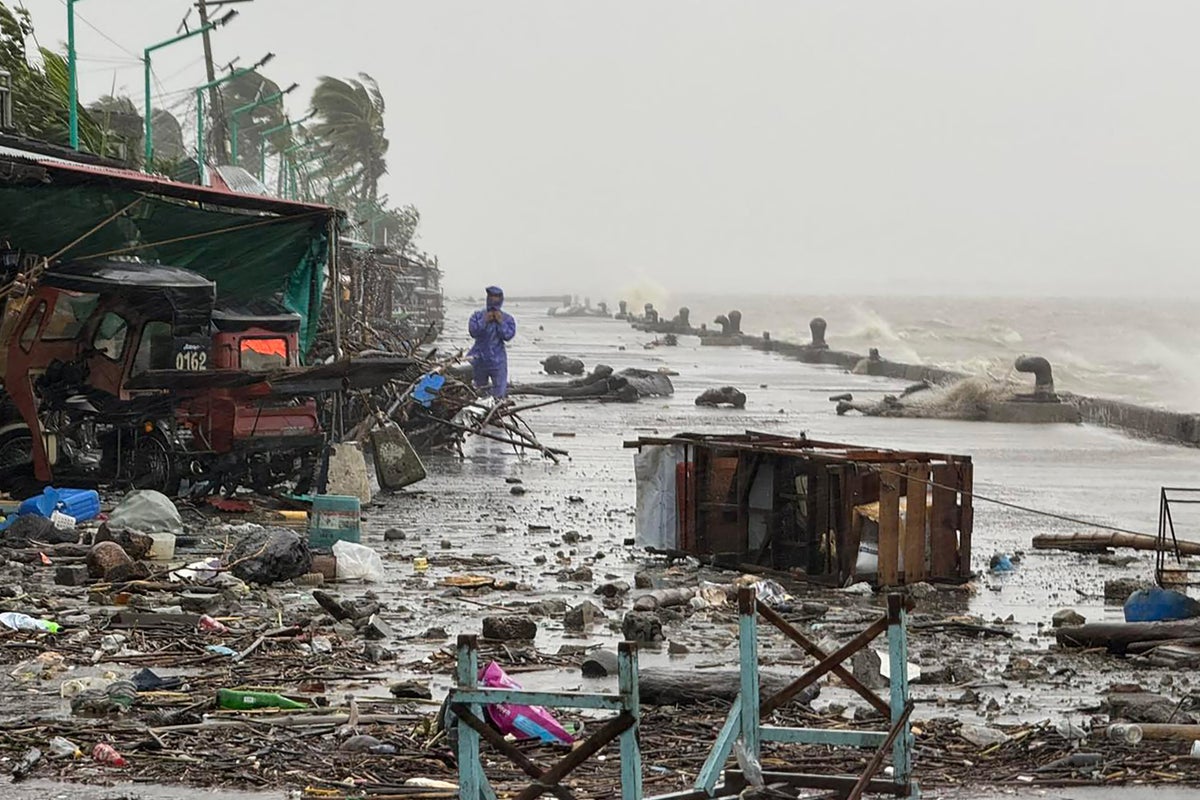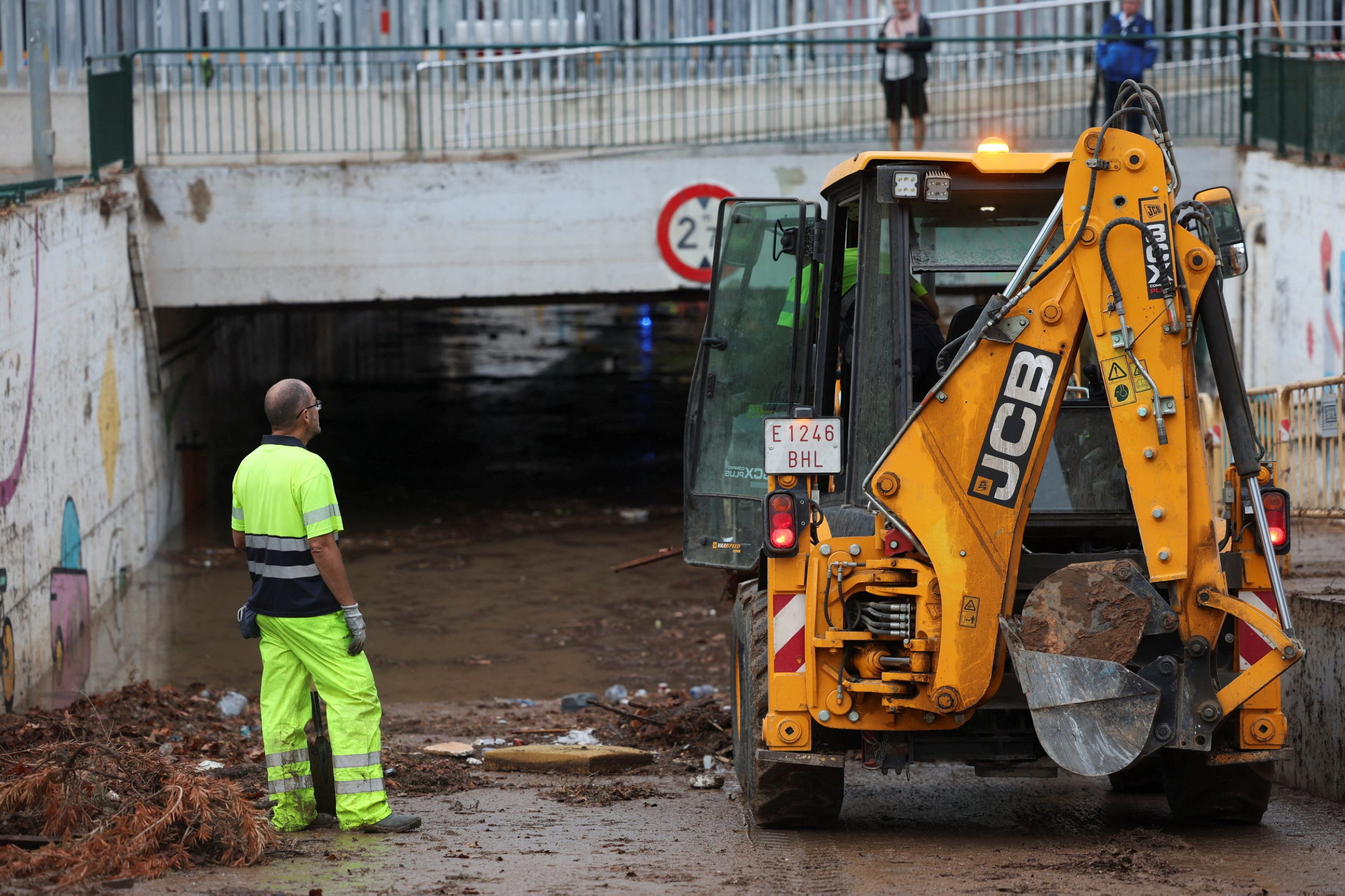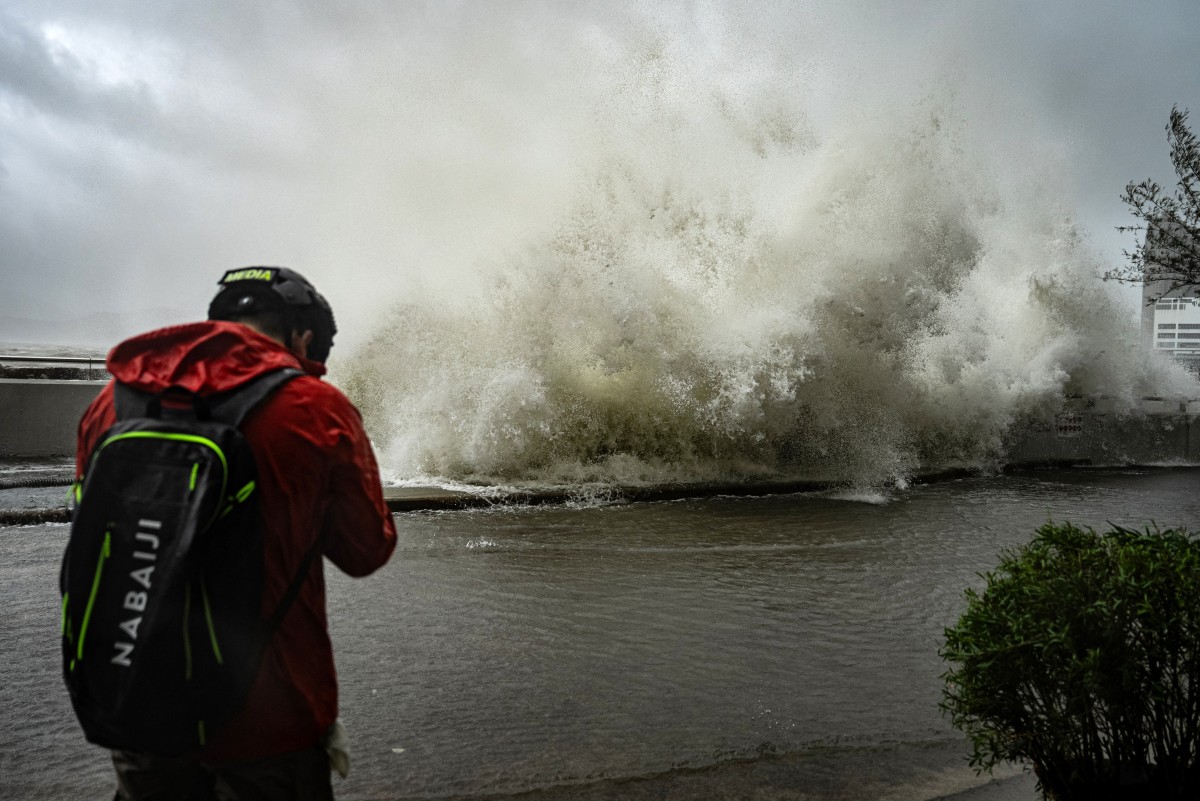Whakaari/White Island Eruption Inquest Begins: Survivors Share Harrowing Experiences
The coronial inquest into the 2019 Whakaari/White Island eruption has commenced, focusing on the events surrounding the disaster that claimed 22 lives and injured 25 others. The inquest aims to establish the facts, examine the emergency response, and consider regulatory oversight of tours to the volcano. Witness statements from survivors and bereaved family members are being heard, detailing the immense physical and emotional toll of the tragedy.
Emotional Testimony from Survivors and Families
The inquest began with powerful statements from those directly affected. A bereaved family member shared that "part of her died" when her relative passed away, highlighting the enduring grief. Survivors described how the eruption has irrevocably changed their lives, with many now facing ongoing medical care and limitations in pursuing activities they once enjoyed. One survivor stated, "I am my own memorial to that day," emphasizing the permanent impact of the event.
Constable Leanne Fairbairn read a group statement on behalf of bereaved families and survivors, stating that the eruption "left a wake of destruction and trauma which went far beyond the geographic boundary of Whakaari." Many families have asked the coroner to set out a full accounting of all that occurred on the island the day of the eruption, including the location of all parties, what they were wearing and how they were evacuated. Another survivor expressed frustration with being referred to as "the volcano guy," not wanting to be defined by the worst day of his life. Others cited the pain of waiting for news of their loved ones.
One major concern raised was about whether visitors should have been allowed on the island at all, given its volatile nature. Survivors and family members also noted the lack of urgency and difficulty with communications in the initial response to the mass casualty event. Anna Adams, counsel assisting the families of the deceased and the survivors, emphasized that while the eruption itself could not have been avoided, "perhaps the suffering of those impacted that day could have been avoided."
Details Emerge from the Investigation
Detective Sergeant Simon Nolan shared 3D mapping using pictures, videos, survivor statements, GPS, and CCTV, to paint a comprehensive picture of the events leading up to the eruption. This included visuals of tourists exploring the island and images of the eruption's initial moments. Nolan highlighted the brief 45-second window group one on the island had to react after the guide's warning before the pyroclastic density current (PDC) hit.
Anna Pollett, counsel for New Zealand Police, addressed issues related to communication during the response, citing the remote location and technical delays. She also touched on the decision by St John to set up base at the Whakatāne Airport. Craig Stevens, representing Hato Hone St John, explained the triage center was placed at the airport because of the high amount of patients with complex burns. Dr. Jonathan Coates, representing Health New Zealand Te Whatu Ora, acknowledged medical workers' extraordinary work.
Inquest Objectives and Future Phases
The inquest, presided over by Coroner Marcus Elliott, will examine the emergency response, issues related to those left on the island, and the causes of death. A second phase in 2026 will focus on regulatory oversight of tours to Whakaari, risk mitigation, and communication of risk. The inquest follows a lengthy trial in 2023 where five tourism companies and government agency GNS Science were convicted, although one conviction has since been overturned on appeal.
While some, like Mark Inman who lost his brother, believe the inquest is a "waste" of money, others hope it will provide closure and prevent similar tragedies. Many personal statements suggested the island should be handed over to the government and never used for tourism again.
The hearing, expected to last six to eight weeks, is subject to extensive suppression orders. Updates can only be shared during adjournments. The inquiry seeks to improve New Zealand's response to mass casualty disasters and ensures that such a tragedy never happens again. As barrister Anna Adams stated, "The volcano has been erupting for 100 years but we were not ready... If plans had been in place to respond would less harm have resulted?"
 Visit the website
Visit the website





